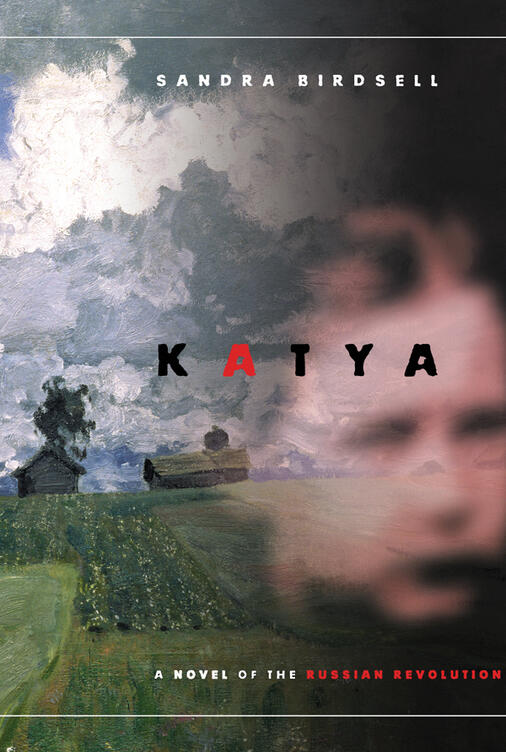
Katya
Born into a Mennonite community on the Russian steppes, Katya Vogt lives with her family on the large and wealthy Sudermann estate. Their religion, their traditions, and the luxurious green of their fields set them apart from the surrounding Russian peasants. Katya’s father, foreman of the estate, has been promised a piece of land for himself, but each year the Sudermanns find a way to put him off.
Then revolution comes. First the German army, then the anarchists, the Bolsheviks, and the Communists sweep across the land. Katya, schooled in Mennonite pacifism and the patient forbearance of her father, is tested by a world upended.
Combining the sweep of the best historical novels with the immediacy of newspaper headlines, Katya vividly imagines one family’s life before and after revolution—and weaves a spellbinding tale of a social world where the rhythms of the seasons are mirrored in the characters’ clear sense of place, even when they chafe against it.